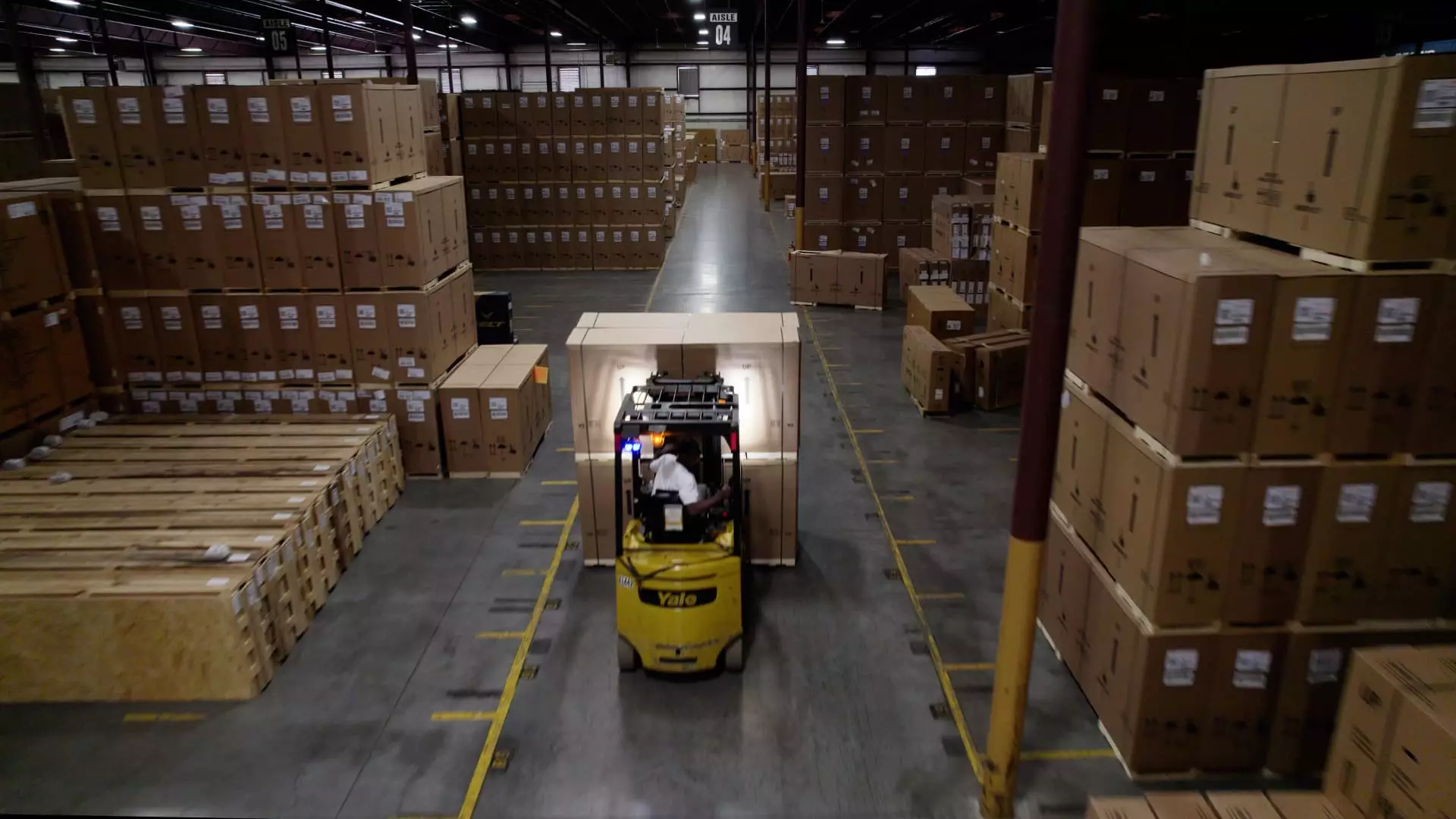In today’s complex global economy, corporations are increasingly employing U.S. Customs-sanctioned foreign trade zones (FTZs) and bonded warehouses as clandestine financial tools to manipulate trade costs and mitigate the volatile impact of tariffs. These mechanisms, originally conceived during moments of economic hardship like the Great Depression, are now being repurposed in ways that challenge the ideals of transparent trading and equitable competition. By storing imported goods duty-free in these zones, companies effectively create a “tariff bubble,” delaying the payment of tariffs until the products exit the zone and enter U.S. commerce. This strategic delay allows firms to preserve cash flow, sidestep immediate tax burdens, and respond more flexibly to fluctuating trade policies—an advantage that can tilt the scales of fair trade in favor of the larger players with sophisticated logistics.
This system, while legally sound, raises questions about fairness and economic integrity. When companies can indefinitely store inventory in FTZs or bonded warehouses—some for up to five years—without incurring duty payments, a distorted competitive environment emerges. Smaller businesses, lacking such extensive capabilities, bear the brunt of rising tariffs, often paying more upfront and facing reduced margins. Consequently, a gap widens between resource-rich corporations maneuvering within legal gray zones and smaller firms struggling to adapt. These practices threaten to undermine the level playing field essential for a healthy, competitive marketplace.
Historical Roots and Modern Manipulations: From the Great Depression to Trump’s Trade Policies
The origins of FTZs date back to a dire economic epoch—designed to stimulate exports during the Great Depression amid soaring tariffs like the Smoot-Hawley act. Originally, FTZs aimed to boost international trade in an era marked by economic despair; modern iterations, however, have evolved into sophisticated tools for financial engineering. The recent policies enacted under the Trump administration have notably curtailed some of these advantages, spurring companies to seek alternative avenues like bonded warehouses. While FTZs have historically provided incentive for manufacturing and export, current policy shifts have shifted the landscape, making these zones both a contentious political and economic issue.
For large corporations such as Ford, General Electric, and Pfizer, FTZs and bonded warehouses have facilitated significant cost savings, enabling them to optimize supply chains and delay duties. Pfizer’s use of FTZs during COVID-19 to produce and store vaccine doses exemplifies how such zones can serve vital social functions. Yet, the recent policy rollback—prohibiting companies from maintaining duty-free production zones—has created a stark reality where firms like Regent Tek Industries face steep increases in tariffs. This scenario not only inflates costs but underscores the power asymmetry baked into the trade system, favoring those capable of navigating and exploiting these zones.
The Political Dilemma: Balancing Free Trade with Fair Competition
The debate surrounding FTZs and bonded warehouses encapsulates a broader tension in U.S. economic policy: how to promote free trade while ensuring fairness and preventing exploitation. Critics argue that these zones, when used aggressively, distort market dynamics, favoring well-funded multinational corporations over smaller competitors. They transform what should be a transparent, level playing field into a game of regulatory loophole navigation, where strategic delay tactics deprive domestic competitors of comparable advantages.
From a center-left liberal perspective, the focus should be on reforming these policies to foster transparency and fairness. While trade liberalization remains a worthwhile goal, it must be paired with stricter oversight and measures that prevent the abuse of legal loopholes. Creating an environment where all companies—regardless of size—operate under equitable conditions is essential for maintaining public trust and economic stability. Policymakers need to scrutinize the role of these zones not merely as tools of economic efficiency but as potential catalysts for inequality and market distortion.
Ultimately, the challenge lies in crafting a balanced approach that preserves legitimate trade incentives without empowering corporate tactics that undermine the integrity of the economic system. As tariffs and trade policies continue to evolve, so too must the regulatory landscape—ensuring that the pursuit of profit does not come at the expense of fairness, transparency, and the broader societal good.

Leave a Reply